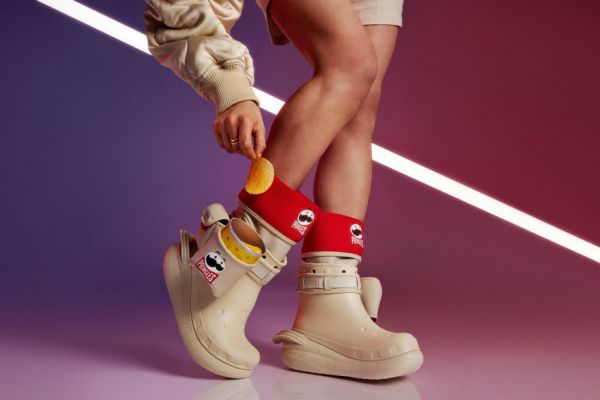While many consumer goods brands have enjoyed bumper sales as a result of the coronavirus pandemic, they will need to innovate and seek out new consumer touchpoints to retain that success as the crisis subsides, a leading industry expert has told ESM.
"Initially, when the crisis hit, you would go into the supermarket and dump into your basket whatever you found – typically, you would take the brands you knew, because you didn't have time to think about it," Boston Consulting Group's Konstantinos Apostolatos, who leads the group's consumer products arm in Europe, Middle East, Africa and South America, told ESM on the sidelines of the Consumer Goods Forum Global Summit.
"As a reminder, big brands have been challenged by smaller brands in recent years, but during COVID, smaller brands had bigger supply issues – so big brands benefited from the crisis initially."
'No Guarantees'
Now, however, as the situation returns to semi-normality, Apostolatos explained, there will be "no guarantees" for continued big brand success, "unless they massively innovate, not only in terms of the product itself, but also with regard to their services and the shopping experience.
"If big brands thought that they have recovered the ground lost to smaller brands and new business models in recent years, I think they are mistaken," he added. "They really have to innovate the customer experience massively over the coming years to see continued benefits."
One of the main challenges facing brands, he added, is how to navigate the challenges of the new omnichannel landscape, so as to avoid being commoditised and losing their voice.
"You need to move into thinking more about what products and services and experiences you are going to deliver to consumers beyond your product, in order to avoid being commoditised and squeezed on your margins," Apostolatos said.
"If your business is selling healthy yoghurts, you should reframe the question, and say 'actually, I'm in the business of healthy living'. It goes beyond just selling a product, it requires businesses to engage with the consumer in a different way, or develop services that the customer can curate."
Generation Z Influence
This also includes practicing what you preach when it comes to sustainability and other corporate social responsibility issues, particularly as the 'Generation Z' cohort (born between the late 1990s and early 2010s) comes of age.
"We undertook consumer research that found that Generation Z would be prepared to pay up to 15% more if buying from a company that is socially responsible," Apostolatos explained. "That, for me, is a big signal, because Generation Z will represent the majority of consumers by 2027/2028.
"You could ask, are they just saying the politically correct thing? It's not clear. But there is definitely a tendency of people to want to pay a premium for something that is more socially responsible."
© 2021 European Supermarket Magazine. Article by Stephen Wynne-Jones. For more A-Brands news, click here. Click subscribe to sign up to ESM: European Supermarket Magazine.














